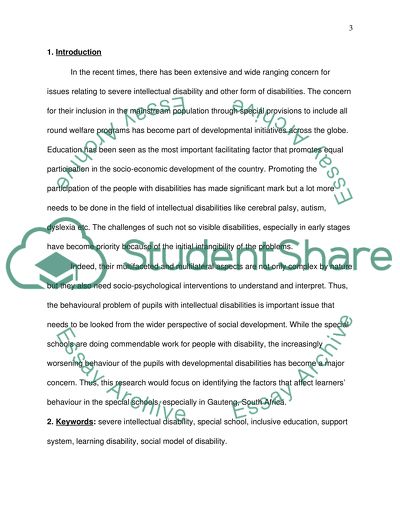Cite this document
(“Factors affecting learners behaviour in Gauteng Special School, SA Research Proposal”, n.d.)
Retrieved from https://studentshare.org/gender-sexual-studies/1406588-factors-affecting-learners-behaviour-in-gauteng-special-school-sa
Retrieved from https://studentshare.org/gender-sexual-studies/1406588-factors-affecting-learners-behaviour-in-gauteng-special-school-sa
(Factors Affecting Learners Behaviour in Gauteng Special School, SA Research Proposal)
https://studentshare.org/gender-sexual-studies/1406588-factors-affecting-learners-behaviour-in-gauteng-special-school-sa.
https://studentshare.org/gender-sexual-studies/1406588-factors-affecting-learners-behaviour-in-gauteng-special-school-sa.
“Factors Affecting Learners Behaviour in Gauteng Special School, SA Research Proposal”, n.d. https://studentshare.org/gender-sexual-studies/1406588-factors-affecting-learners-behaviour-in-gauteng-special-school-sa.


